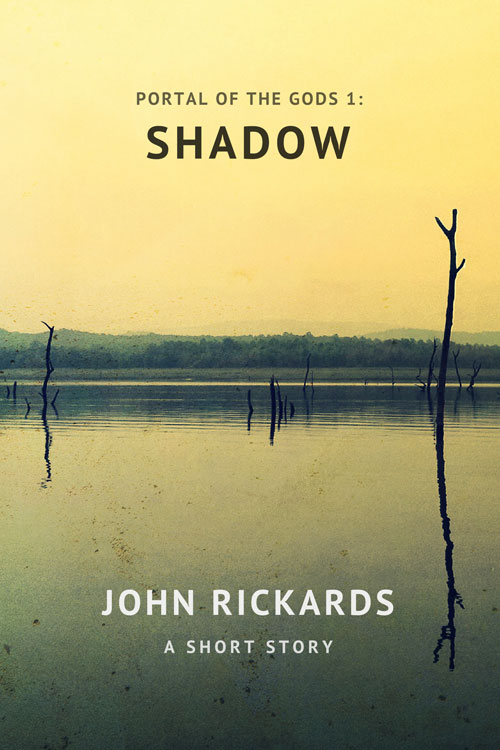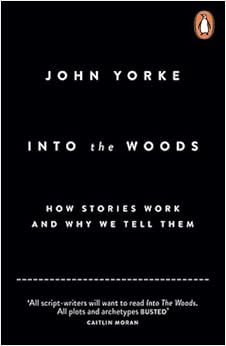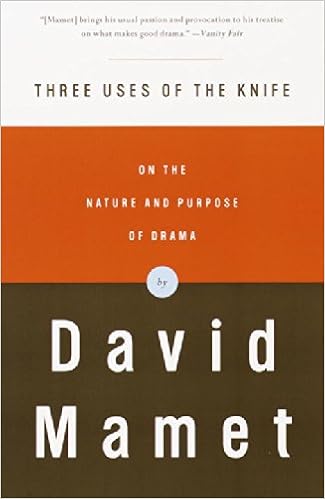So here we are again, blowing away the cobwebs once more. The year’s been insanely busy with editing work - at one point before Easter I was booking up short stories over two months in advance, and it’s taken me a month to finish writing this post - and that’s limited lots of things, like work on my own stuff, reading for fun, writing about the latter. And dealing with the existential dread that comes with living with 2017’s political fucknuttery, of course.
So here’s a couple of things in brief form.
Bullet Gal (Andrez Bergen)
It took me a long time to get to this and I feel bad for that because Andrew’s had one hell of a year (and it’s getting little better; he’s currently thousands of miles from his family again undergoing further rehab for a stroke). But it was worth it - this is a return to Heropa (a city whose first outing I loved) and a look at its most legendary superhero. It’s punchy, wryly funny, and carries all the flair and imagination you’d expect from Bergen. He’s had a bastard of a year so do yourself a favour and buy some/all of his stuff.
Then She Was Gone (Luca Veste)
Many, many years ago, Luca wrote reviews and said lots of nice things about my Levels books. Somehow in the interim he’s written a zillion books of his own and minstrels fanfare his every entrance at publishing events. He sent me this ages ago and I read it ages ago and said nothing because I’m a bad person. This is accomplished and engaging British police procedural and I’d happily read the others in the series. The serial killer standalone he’s got out next year looks swish too.
Screenwriting Tricks For Authors (Alexandra Sokoloff)
I do enjoy peering into approaches to storycrafting, and this is a good one. More practically-minded than ones like Into The Woods, less prescriptive than most. There’s some repetition in the breakdowns, particularly Jaws, but that’s forgivable and there’s plenty of good stuff here for writers of all stripes.
Save The Cat! (Blake Snyder)
This, however, is (mostly) not. There’s some decent general advice, though nothing not covered elsewhere, and a whole lot of trumpet-blowing and guff. It’s also gratingly ’old Hollywood’ in its treatment of gender at times (maybe more so because I read Alex’s book right before this one). I know Snyder had a track record - selling thirteen scripts (IIRC), two of which were made, and teaching widely - so he was no idiot and maybe the style carried better in person, but I kept being reminded that the two he did see made were Stop! Or My Mom Will Shoot (though he only mentions this one once, presumably because his screenplay won a Razzie and the movie is widely regarded as one of the worst mainstream films ever made) and Blank Check (only mildly better regarded), and maybe my expectations lowered to match. In all honesty, Michael Moorcock’s ’Novel In Three Days’ advice or the Lester Dent Master Plot are probably as useful or more so, easier to digest, and above all, free.
To Catch A Rabbit (Helen Cadbury)
Helen tragically died a few weeks ago, but she was a fine writer and her work has all the awareness and sharpness of the best Britcrime. Go read.
So there we go. In between, I’ve made it to Harrogate crime festival for the first time in years, released a complete and bundled version of Portal of the Gods into the wild, and stopped completely neglecting my own self-pubbed work, for now at least.
In the meantime, back to editing.





